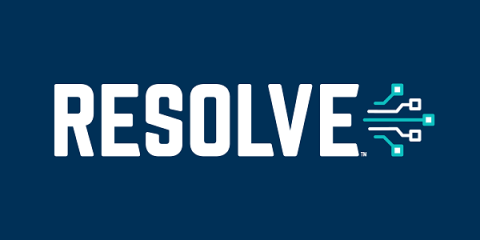Operations | Monitoring | ITSM | DevOps | Cloud
Resolve
RAN: The Unsung Heroes of the Telco World
Top Barriers to Automation: Turning Challenges into Opportunities
The Financial Services Automation Toolkit for Orchestrating Existing Automations with ITPA
Q&A: What IT Automation Best Practices Should You Know Right Now? - Part 2
With a limitless load of questions on IT automation and the industry’s biggest trends, Resolve’s “Ask Me Anything (AMA)” session went about tackling them in an all-new way. We threw out the preparation, we threw out the scripts, and we asked our community to submit the questions that matter most to them and their organizations. Part of our leadership team took the hot seat and provided answers in real time, sans dress rehearsal.
Q&A: IT Automation Best Practices for 2024, Part One
Editor’s Note: This blog is the first of a two-part series that recaps our first-ever “Ask Me Anything (AMA)” session. Part 2, to include questions 5-9, is set to publish next Tuesday. Seems like there’s an overload of burning, tough questions surrounding IT automation and orchestration, doesn’t it?
Modernizing Financial Services with Automated, Proactive Threat Management
There’s a rising and intensifying pressure on financial services institutions that aligns with the demand for modernization, down to the core. It comes from laws like those of the Service Organization Control Type 2 (SOC 2) and the General Data Protection Regulation (GDRP), which enforce the need to build and hold down cybersecurity policies.
'Tis the Season for Automation as Retail Sales Pump Problems in IT Systems
December: The month that breaks the internet Every. Single. Year. An exponential increase in sales likely tops any retailer’s holiday gift wish list. And while more revenue is never a bad thing, chances are, your IT team could use some extra cheer to keep their spirits bright. Shoppers are going to shop 24/7, and the gift-giving boom can easily overwhelm your IT systems and processes.
Automation, AI: Modernizing Financial Services in a Future-focused World
IT automation delivers plenty of excitement for the financial services industry, with its power to make AI even more intelligent, as AI plays a part in today’s automation journeys.
IT Automation Powers SRE Practices as System Complexity, Consumer Demands Grow
Site Reliability Engineers (SREs) use automation and orchestration capabilities to scale security and performance, ensuring sites are reliable and efficient. Site Reliability Engineering (SRE) can be applied to a wide range of use cases and industries, where software systems and services are critical to business operations.


